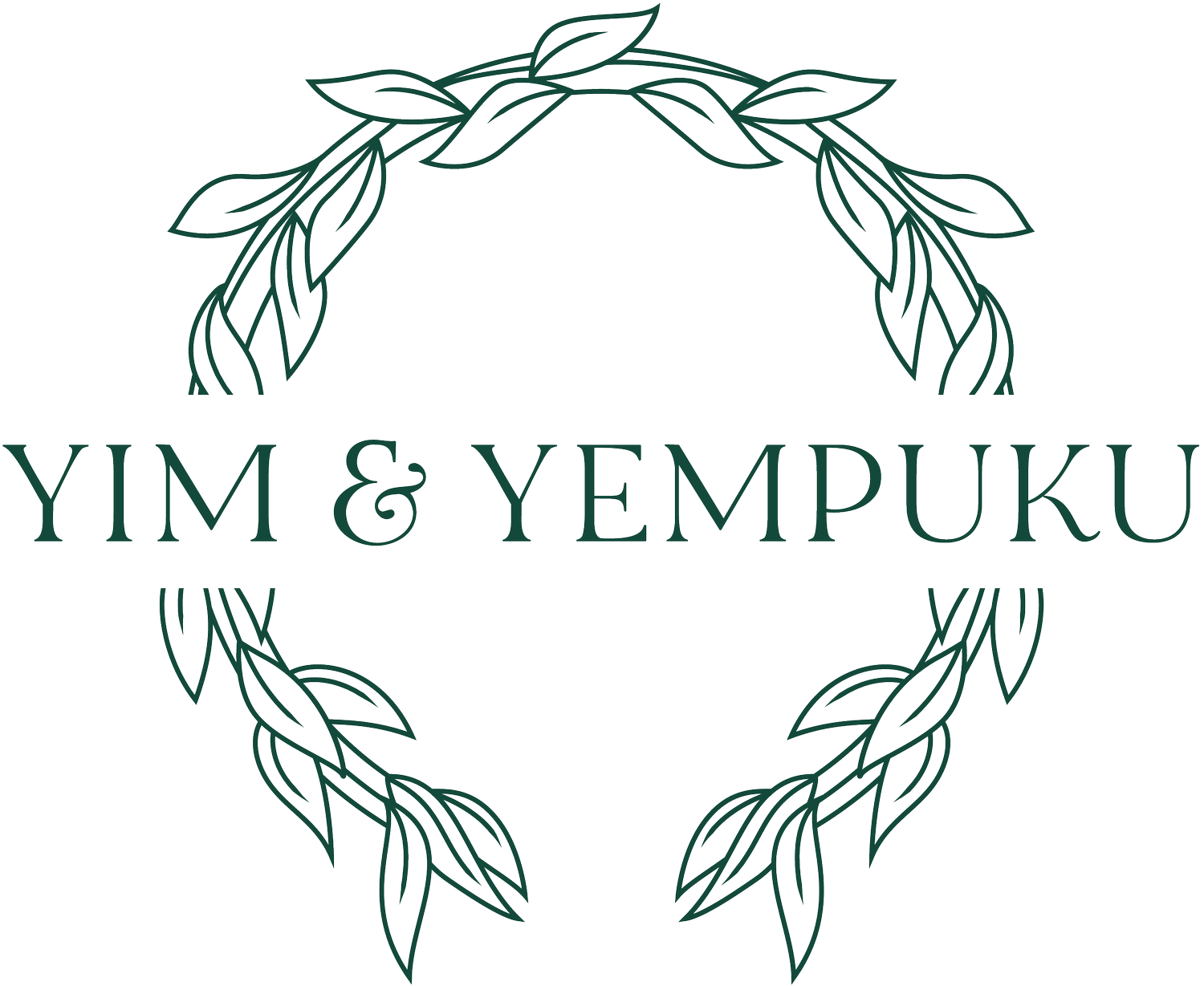Protecting the Family Health
Central to the Hawaiian culture is the value of ʻohana or family. Maintaining the “family health” was of utmost importance and was achieved through the regular practice of hoʻoponopono. In an article titled, To Set Right Hoʻoponopono A Native Hawaiian Way of Peacemaking, Manu Meyer discusses how families would practice hoʻoponopono within the family. Traditionally, hoʻoponopono discussions were facilitated by a haku (usually a kahuna or a respected elder), who would then assist the family in working out their problems through a series of discussions. These discussions would lead to understanding each of the family members perspectives, which would then lead to mutual forgiveness and resolution. Hoʻoponopono has been compared to the modern day Alternative Dispute Resolution, however, one of several key differences is that hoʻoponopono was not only used to resolve disputes, it was also used to prevent disputes within the family.
According to Roy William & Vic Pressor, Preparing Heirs, “60% of transition failures were caused by a breakdown of communication and trust within the family unit”. With the aging demographic of baby boomers, the high cost of living in Hawaii, and the increase in multigenerational homes; the potential influx in trust litigation is foreseeable. I believe encouraging clients to partake in difficult and potentially messy family discussions while they are alive and able, is integral in preventing unwanted litigation and will protect the overall health of the family. Where willing clients feel need assistance in engaging in family discussions, a haku or a hoʻoponopono facilitator may be effective in resolving any family disputes.
(As seen in the December/January Edition of Generations Magazine)

